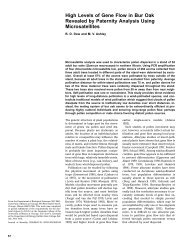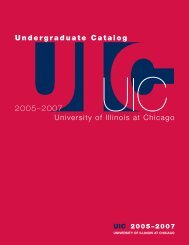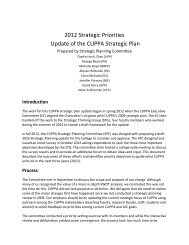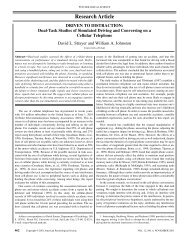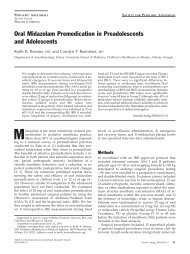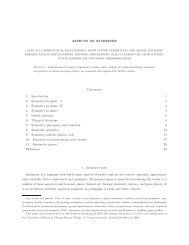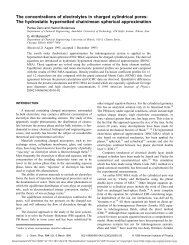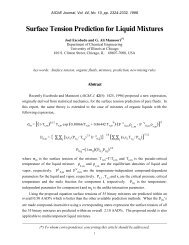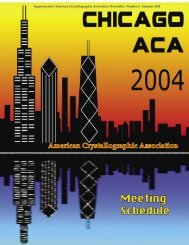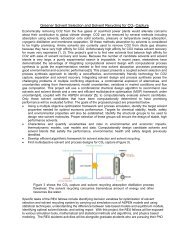Repeating Lenin by Slavoj Zizek
Repeating Lenin by Slavoj Zizek
Repeating Lenin by Slavoj Zizek
You also want an ePaper? Increase the reach of your titles
YUMPU automatically turns print PDFs into web optimized ePapers that Google loves.
<strong>Repeating</strong> <strong>Lenin</strong> <strong>by</strong> <strong>Slavoj</strong> <strong>Zizek</strong><br />
9/20/11 2:53 PM<br />
“To put it briefly, the East wishes to talk in terms of power and oppression; the West in terms of<br />
culture and commodification. There are really no common denominators in this initial struggle for<br />
discursive rules, and what we end up with is the inevitable comedy of each side muttering irrelevant<br />
replies in its own favorite language."16<br />
Jameson at the same time insists that Marxism still provides the universal meta-language<br />
enabling us to situate and relate all other partial narrativizations/interpretations — is he simply<br />
inconsistent? Are there two Jamesons: one, postmodern, the theorist of the irreducible<br />
multiplicity of the narratives, the other, the more traditional partisan of the Marxist universal<br />
hermeneutics? The only way to save Jameson from this predicament is to insist that Marxism is<br />
here not the all-encompassing interpretive horizon, but the matrix which enables us to account<br />
for (to generate) the multiplicity of narratives and/or interpretations. It is also here that one<br />
should introduce the key dialectical distinction between the FOUNDING figure of a movement<br />
and the later figure who FORMALIZED this movement: ultimately, it was <strong>Lenin</strong> who<br />
effectively “formalized” Marx <strong>by</strong> way of defining the Party as the political form of its historical<br />
intervention, in the same way that St. Paul “formalized” Christ and Lacan “formalized”<br />
Freud.17<br />
This formalization is strictly correlative to focusing on the Real of an antagonism: “class<br />
struggle” is not the last horizon of meaning, the last signified of all social phenomena, but the<br />
formal generative matrix of the different ideological horizons of understanding. That is to say,<br />
one should not confuse this properly dialectical notion of Form with the liberal-multiculturalist<br />
notion of Form as the neutral framework of the multitude of “narratives” — not only literature,<br />
but also politics, religion, science, they are all different narratives, stories we are telling<br />
ourselves about ourselves, and the ultimate goal of ethics is to guarantee the neutral space in<br />
which this multitude of narratives can peacefully coexist, in which everyone, from ethnic to<br />
sexual minorities, will have the right and possibility to tell his story. The properly dialectical<br />
notion of Form signals precisely the IMPOSSIBILITY of this liberal notion of Form: Form has<br />
nothing to do with “formalism,” with the idea of a neutral Form, independent of its contingent<br />
particular content; it rather stands for the traumatic kernel of the Real, for the antagonism, which<br />
“colors” the entire field in question. In this precise sense, class struggle is the Form of the<br />
Social: every social phenomenon is overdetermined <strong>by</strong> it, which means that it is not possible to<br />
remain neutral towards it.<br />
Of Apes and Men<br />
http://www.marxists.org/reference/subject/philosophy/works/ot/zizek1.htm<br />
Page 10 of 57



